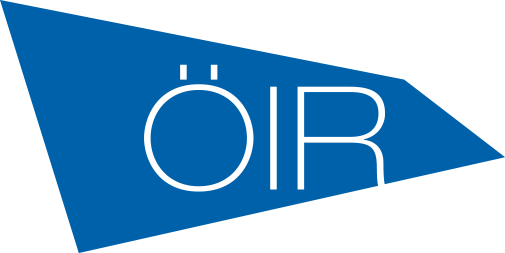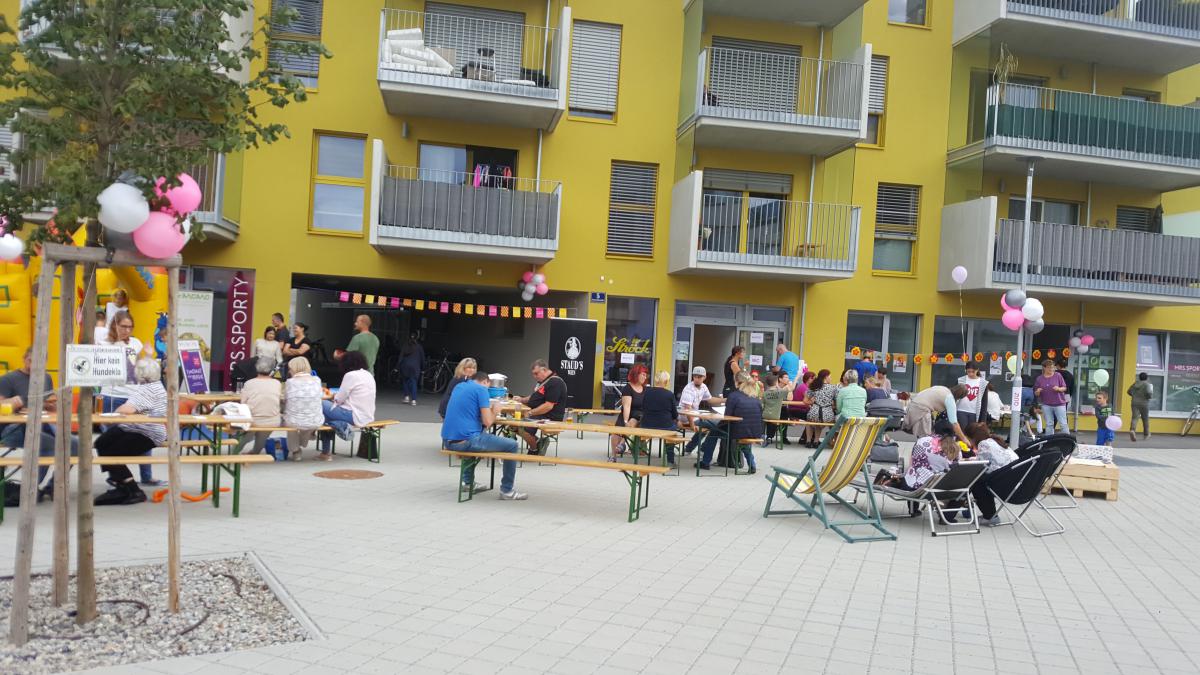The importance of virtual networking is increasingly reflected in people’s neighbourly relationships. In addition to public and private spaces, also the Internet offers a new social space in which a wide variety of people can network and exchange information. In order to capture the spectrum of virtual neighbourhood platforms and their influence on the real coexistence of people living in Vienna, ÖIR was commissioned by the City of Vienna with the study “The Digital Bassena – Social Media as an Instrument of Neighbourhood Formation”. In addition to a comprehensive analysis of the situation in Vienna and the German-speaking neighbouring countries, ÖIR conducted interviews with various actors and two concrete case studies. The results of Vienna are available in fact sheets and an agglomerated evaluation.
In the analysis, the motivation of the operators to establish a platform as well as the functions of the individual platforms were analysed in more detail. The main functions are: announcements of (local) events, offer of free help, references to the local economy (especially shops and restaurants) and/or the use as a virtual marketplace. In addition, the interactions between virtual and real neighbourhoods were analysed in more detail. The results of this analysis suggest that with the help of digital neighbourhood platforms, a simplified communication in the neighbourhood can be promoted, especially at the small-scale district level. They also serve as “mood indicators” for local needs and issues. In order to promote the communication via such platforms, their functionality must be adapted to the respective target groups and designed in a user-friendly way. With regard to the interaction between neighbourhoods and public institutions, neighbourhood platforms can promote a more direct and transparent discussion in both directions. Further it can support the networking of new and old parts of the town. In summary, well-moderated platforms support the interaction between people living in the same neighbourhood. They counteract social exclusion, contribute to the promotion of social sustainability (as one of the four pillars of publicly funded housing in Vienna), and support the idea of smart city and sharing economy.





